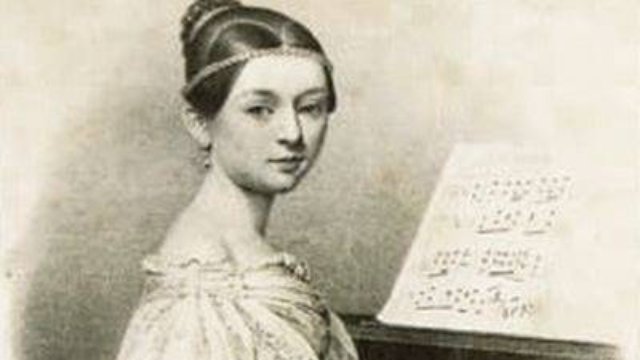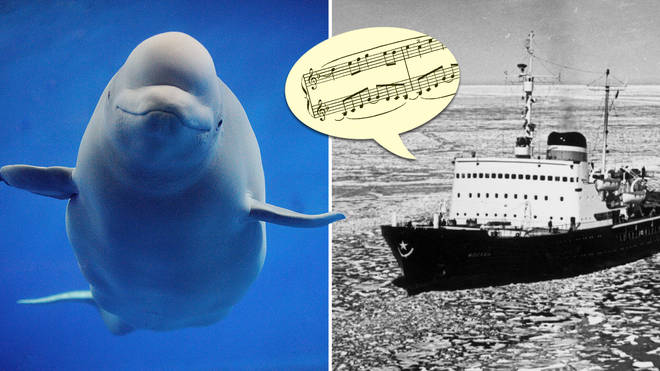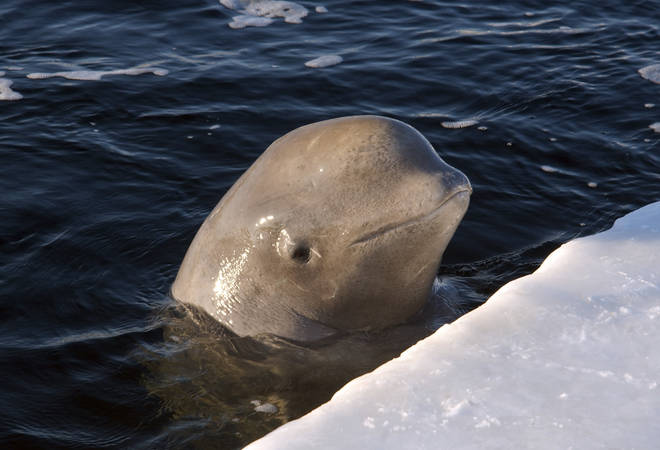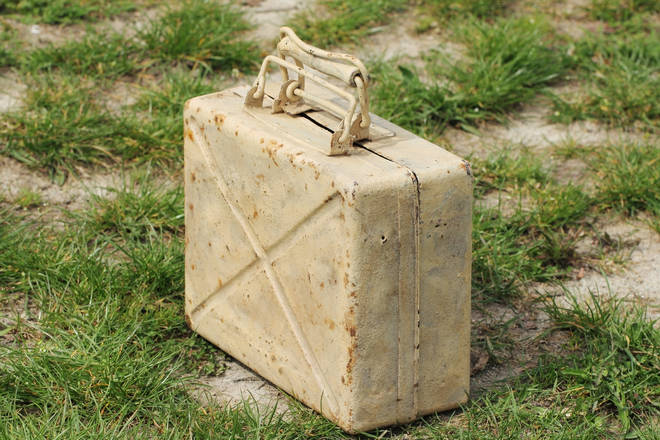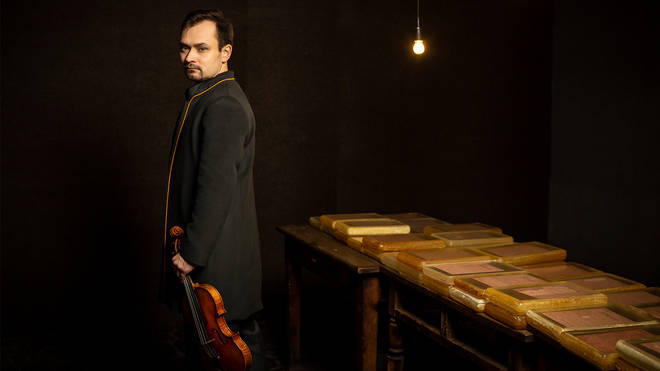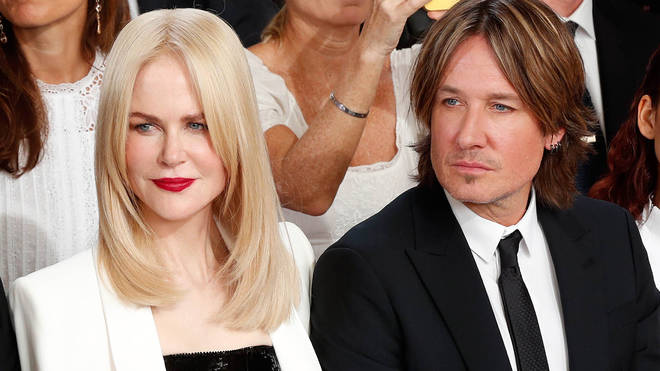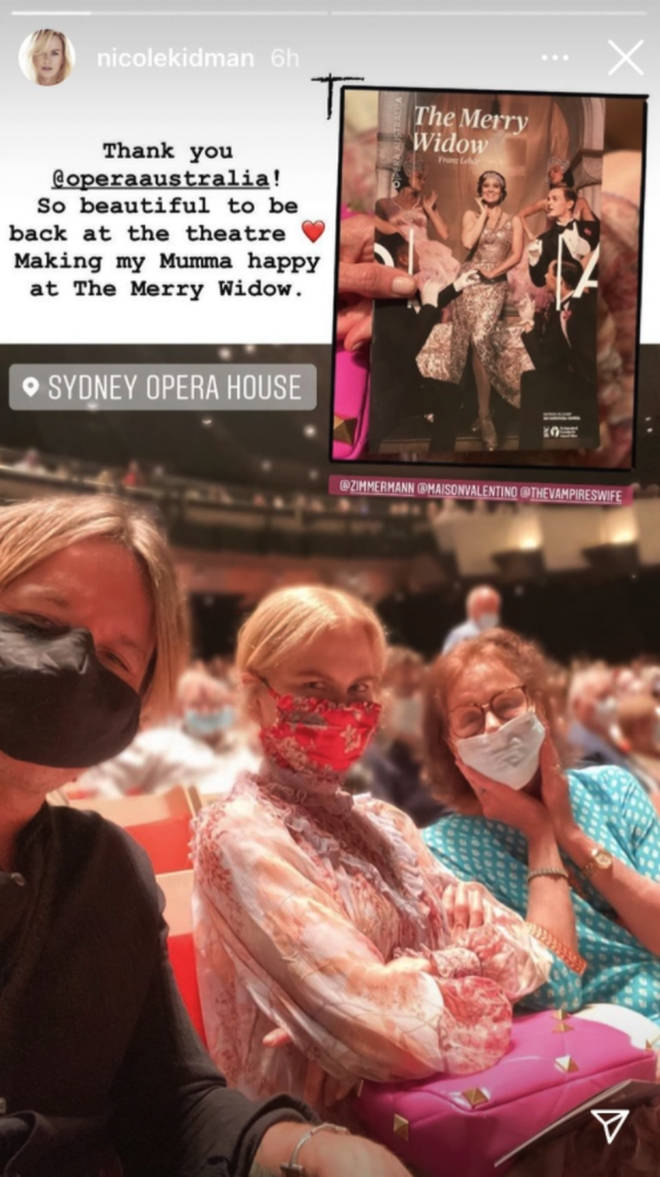Bayreuth Festival's main performance venue, the Richard Wagner Festspielhaus
- Author Anastassia Boutsko
Bachfest, Bayreuth Festival, Salzburg Festival: Organizers are hopeful even as the coronavirus forces them to modify their plans for spring and summer concerts.
Despite a decrease in infections and an increase in vaccinations, the coronavirus pandemic will continue to influence all aspects of life in the coming months — including the classical music scene, where many music festivals fear they could go under. Nevertheless, organizers are reacting with creativity and flexibility to make the best of a challenging situation.
DW took a look at the strategies, plans and programs of a few major festivals set to take place between March and September 2021, and also spoke with festival directors.
Baden-Baden Easter Festival (March 27 — April 5)
Festival organizers in Baden-Baden are hopeful. Artistic director Benedikt Stampa enjoys the thought of being able to "prepare for the Easter Festival with the Berliner Philharmonic" as a kind of small musical reawakening. Though it is not yet clear what exactly the cooperation with the Berlin Philharmonic will look like, Stampa said that the artists are ready and excited.
Information on when and how the 2021 Easter Festival in Baden-Baden might take place will be published "as late as possible and as early as necessary," Stampa said.
Dresden Music Festival (May 14 — June 12)
"Dialogues" — that is the Dresden Music Festival's motto this year. Cellist Jan Vogler, who has directed the festival since 2009, looks to the future with cautious optimism: "My responsibility as artistic director and also as a Dresden resident is to preserve as much as possible of the festival's charisma and musical power during the coronavirus crisis," he told DW.
Jan Vogler wants to perseve the character of the Dresden Music Festival despite the coronavirus
"We are creative and flexible. Formats with limited audiences, streaming, open air and a lot of communication with our worldwide audience will carry the Dresden Music Festival through this difficult time."
Leipzig Bachfest (June 11 — June 20)
The Leipzig Bachfest offers an extensive and varied program. Under the 2021 motto "Redemption," the festival features a tremendous undertaking: from June 12 to 15, Bach's Messiah chronicles the life of Jesus in three oratorios, the St. Matthew Passion and 33 selected cantatas by Johann Sebastian Bach.
Initially, each venue will only offer limited seating capacity. In the spring, the organizers will decide to what extent additional seats can be added. "This is the only way we can ensure that the 2021 Bach Festival can actually proceed as planned," festival director Michael Maul told DW. "I am pleased that we have found a solution allowing us to start advance sales on time with all planned events despite the pandemic."
Spannungen Festival (June 17 — June 21)
The Spannungen (literally, "tensions") Festival is currently looking to go ahead with its plan B. Artistic director and pianist Lars Vogt told DW this means having "a reduced number of artists, a smaller audience (130 instead of 550 people) and programs of 60 to 70 minutes without an intermission, played twice each evening."
It's 'plan B' at the art nouveau power plant that hosts the Spannungen Festival
Vogt founded the festival, which is known as the "Bayreuth of Chamber Music." It is held at an art nouveau power plant in the western German town of Heimbach. Last year, Spannungen took place as a kind of "ghost festival" in Berlin, with broadcasts online and on the radio, as well as in the DW Festival Concerts series. There will be broadcasts again this year, too. "And if the situation eases enough to allow for regular concerts, we can increase the program on relatively short notice," Vogt said.
PODIUM Esslingen (July 15 — July 25)
Similar to 2020, this year's PODIUM Esslingen festival will take place later than usual. "Due to the current situation, we have decided with a heavy heart to postpone the festival from spring to summer again this year," Steven Walter, the festival's artistic director, said. This is his last year in charge: As of 2022, he will be artistic director of the Beethovenfest Bonn.
"We very much hope that by [summer] we will once again be able to experience the unique power and beauty of music along with our audience — albeit at a distance and with strict hygiene measures." Advance ticket sales are expected to start at the end of April.
Salzburg Festival (July 17 — August 31)
Austria's Salzburg Festival was the big exception last summer: It was the only traditional festival that dared open in a modified form and with a strict hygiene concept supervised by medical experts. There was not a single positive COVID-19 case at the festival, neither among the artists and organizers, nor among the 76,500 visitors.
This year, the "miracle of Salzburg" enters its second round: 168 performances are scheduled over 46 days from mid-July to the end of August, including a much-anticipated premiere of a new production of Mozart's Don Giovanni, postponed from 2021, directed by Romeo Castellucci and with Teodor Currentzis conducting.
Bayreuth Festival (July 25 — August 25)
The Bayreuth Festival, one of the world's most traditional festivals, is going to go ahead — welcome news after its cancellation last summer due to the coronavirus.
For 2021, festival director Katharina Wagner has presented a bold program scheduled to take place both inside the Festspielhaus and outdoors. There will be a new production of Richard Wagner's Flying Dutchman, featuring Ukrainian conductor Oksana Lyniv as the first woman to lead the Festival Orchestra. The program also includes revival productions of The Master Singers of Nuremberg and Tannhäuser.
It is not yet clear how big the indoor audience can be, since the famous "Wagner shed," an old wooden theater with no air conditioning where people sit close together, is highly unsuitable as a concert venue for pandemic times.
Customers who came away empty-handed in 2020 and those who waived their right to a refund will be prioritized in ticket sales. There will also be an online sale on the homepage starting June 6.
The Bayreuth Discourse series, the festival's podium for premieres, discussions and concerts, will take place both in the Festspielhaus and in the surrounding park and promises to an exciting and international part of the program.
Beethovenfest Bonn (August 20 — September 10)
After a large part of the Beethovenfest Bonn had to be canceled last year, the 250th anniversary of Beethoven's birth, music lovers are excited about 2021. Most of the 54 events originally planned for 2020 should be able to go ahead this year.
The festival will take place under the directorship of Nike Wagner for the last time, and under the motto "Auferstehn, ja auferstehn!"(Rise, yes, rise!).
Much of the 250th birthday celebrations for Beethoven as part of the Beethovenfest had to be canceled.
Organizers are cautiously optimistic that the festival might be able to perform for real audiences, even if smaller than usual, and feature large orchestras. "However, we are also working on plans B and C — for instance with smaller casts, shorter programs that can be repeated several times for this purpose, and alternative formats, such as televised screenings," said Michael Gassmann, the festival's new commercial director.
(C) 2021 by DW (Deutsche Welle)
This article has been translated from German.


